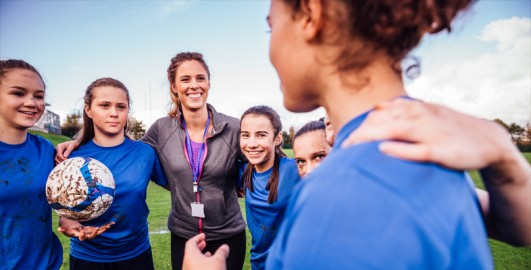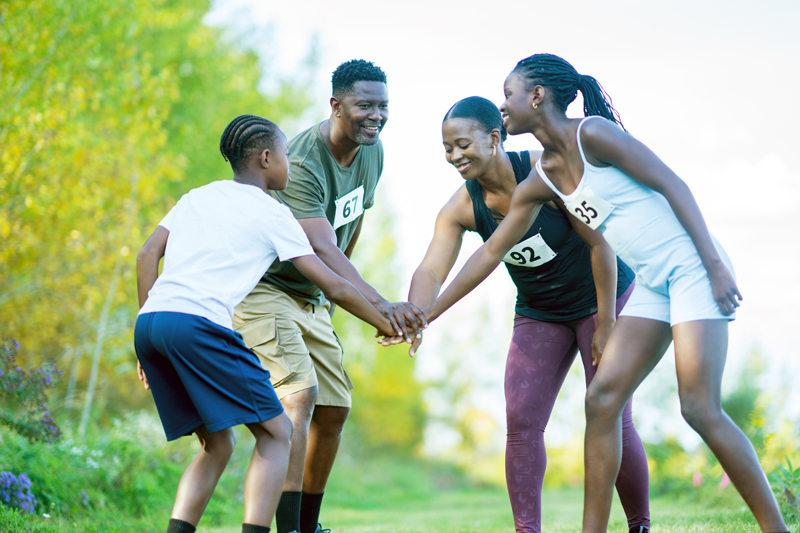Week 3: Neurodiversity in sport and exercise: the family’s voice
Introduction
This week’s content focuses on the experiences of the families and carers of neurodivergent athletes and so holds particular relevance to those working with children and young adults. However, even into adulthood relationships between the coach and athlete’s family can still be equally important. You will hear parents talk about experiences outside of sport, which highlight wider difficulties experienced by individuals in day-to-day life, which as previously discussed can influence how athletes may present at coaching sessions. It is important for all coaches within youth sport to maintain good communication with parents and carers and you will explore why communication with families of neurodivergent athletes holds great importance within coaching practice. Furthermore, within adult sport coaches often maintain good communication with the spouse, partner, or even friend of a neurodiverse athlete. Allyship can be extremely valuable within the neurodiverse community.
By the end of this week, you should be able to:
- consider the experiences of neurodiverse athletes and their families
- reflect on how the views and experiences of family members may be missed in sport
- appreciate the valuable information families may hold about an athlete, and how this can positively influence your coaching practice.

